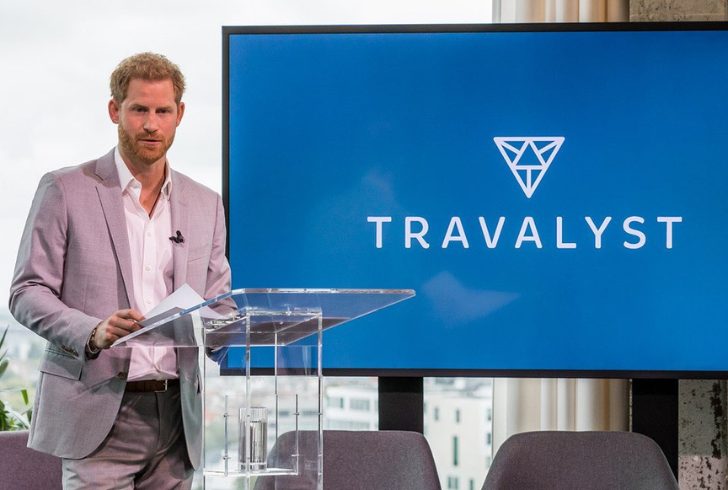Prince Harry has stirred fresh controversy after reports emerged detailing his recent overseas trip to promote eco-conscious travel. Despite championing sustainable practices through his Travalyst initiative, many observers called out the irony of his long-haul journey, especially if taken on a private jet.
Speaking Out on Sustainable Travel Goals
Late in May, Prince Harry flew to Shanghai to address the Envision 2025 Global Partner Conference. His speech focused on urging the travel sector to commit to cutting carbon emissions in half by 2030. He emphasized the urgency by stating, “The true measure of our commitment is how we respond when the path becomes difficult.”
Representing Travalyst—a company working on tools to help travelers understand the carbon output of their flights—Harry called for immediate, unified action. His message was bold and clear. Yet the medium he used to deliver it sparked criticism.
Did the Trip Undermine His Message?
Although official details on his flight remain unconfirmed, speculation has been growing. Harry might have flew from Los Angeles to Shanghai on a private plane, according to some media sources.
Even if he flew first class commercially, reports estimate the trip emitted around 7 tons of carbon dioxide. That figure skyrockets if a private jet was used—potentially multiplying emissions by 10 to 100 times.
Critics didn’t hold back. Royal correspondent Jennie Bond told Sky News Australia, "It's difficult to overlook the irony of flying across the globe to promote environmentally friendly, sustainable travel." She added that a video speech might have served the same purpose with far less environmental impact.
History of Criticism on Climate Commitments
This isn’t the first time Prince Harry has been scrutinized for travel choices. He justified his occasional use of private aircraft when he launched Travalyst in 2019 by stating: "I spend 99% of my life traveling the world by commercial; occasionally there needs to be an opportunity based on a unique circumstance to ensure that my family are safe."
While he acknowledged the optics, he also stressed the importance of family security. Still, the recent backlash reveals growing skepticism over such explanations.
Both Harry and Meghan Markle have notably established themselves as ardent environmentalists. Their Archewell Foundation previously pledged to achieve net-zero emissions by 2030. Markle herself has embraced eco-conscious fashion, often wearing sustainable brands to high-profile events.
Travalyst’s Mission and Its Impact

Instagram | adam_toren | Harry's Travalyst aims to guide consumers toward more sustainable travel decisions.
Harry’s company, Travalyst, continues to develop new ways to help consumers make environmentally sound travel decisions. One of its key tools provides carbon ratings for flight options at the time of booking. This aims to shift the travel industry toward greater transparency and accountability.
Still, moments like this raise a critical point—can climate advocacy hold weight if not consistently modeled by its messengers?
Accountability in Public Advocacy Matters
Public figures like Prince Harry draw both attention and influence. Their actions, especially around urgent issues like climate change, resonate widely. For this reason, critics argue that leaders must live by the same standards they advocate for others.
A public commitment to reducing emissions, paired with private decisions that seem to contradict that message, weakens trust and fuels backlash.
At a time when sustainability matters more than ever, accountability—and consistency—could define the credibility of any climate voice.



